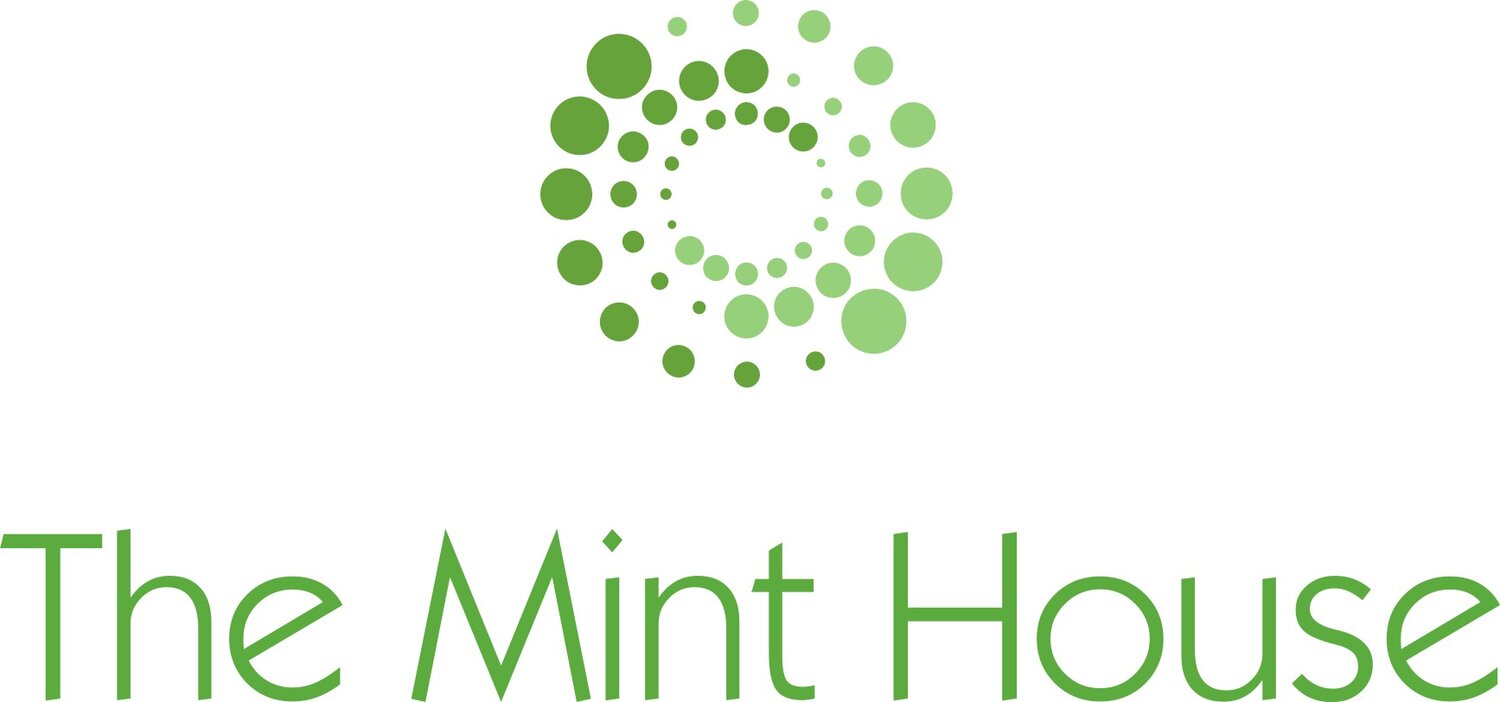Restorative practice in faith communities
“The journey of peacemaking and spirituality is about honoring the enormous healing power of story; listening deeply to the woundedness within others and ourselves; acknowledging such woundedness, without judgment, assessment, advice or problem solving; and nurturing the innate strength, wisdom and yearning for peace that is within each of us. The journey is about being ever mindful of the power of unintentional negative consequences if we cannot tame our egos and their endless thirst for recognition and control; learning to tame our minds and their endless thoughts and chatter so that we can be fully present with each other through the turbulence of inter- and intra-personal conflict.”
- Dr Mark Umbreit (excerpt from Peacemaking & Spirituality: Touching the Soul Within the Energy of Conflict and Trauma)
Inter-faith Centres for peace building and conflict transformation
St Ethelburga’s
A centre for training up faith leaders to be skilled peacemakers in their communities.
The Rose Castle Foundation
https://www.rosecastlefoundation.org/
The Rose Castle Foundation is a charity helping to lay the foundations for sustainable peace and reconciliation in the world.
The centre is founded on the belief that any serious attempt to reconcile deep-seated conflict needs religious leaders to be involved and so they are working with centres of excellence around the world to grow a network of experienced and emerging leaders, equipping them with the tools, skills, and knowledge they need to become reconcilers within their own communities and contexts.
The Corrymeela Community
A movement of people from diverse backgrounds faiths ethnicities, sexualities, and nationalities committed to building peace and providing programmes to enable young people to tackle sectarianism, to supporting survivors of racism and homophobia, working relentlessly to tackle intolerance, hatred and oppression.
The Blackley Centre
https://www.blackleycentre.co.uk
The Blackley Centre: relate, restore, reconcile : offers a meeting place for people seeking to transform conflict and make peace. It welcomes people of all faiths and none to develop and grow in understanding and friendship through retreats, away days , training and conferences.
Recommended Reading
The Spiritual Roots of Restorative Justice edited by Michael L. Hadley
“This interdisciplinary study explores what major spiritual traditions say in text, tradition, and current practice about criminal justice in general and Restorative Justice in particular. It reflects the close collaboration of scholars and professionals engaged in multifaith reflection on the theory and practice of criminal law. A variety of traditions are explored: Aboriginal spirituality, Buddhism, Chinese religions, Christianity, Hinduism, Islam, Judaism, and Sikhism. Drawing on a wide range of literature and experience in the field of Restorative Justice and recognizing the ongoing interdisciplinary research into the complex relationships between religion and violence, the contributors clarify how faith-based principles of reconciliation, restoration, and healing might be implemented in pluralistic multicultural societies.”
Forgiveness and Restorative Justice: Perspectives from Christian Theology by Myra N. Blyth, Matthew J. Mills, and Michael H. Taylor.
This book recently released offers perspectives from theology on the meaning and place (if any) of forgiveness in restorative justice. The three authors share a passion for restorative justice and found a powerful impetus for their constructive dialogue in a common core of influential works, including those of restorative justice advocates, Howard Zehr and John Braithwaite; theologians, including Timothy Gorringe and Christopher Marshall; and sceptics, like Annalise Acorn.
(To read more details and an excerpt from the book, you can read our blog post Forgiveness and Restorative Justice: Perspectives from Christian Theology)
For more resources on church and restorative justice click here: https://restorativechurch.org/spiritual-roots/







